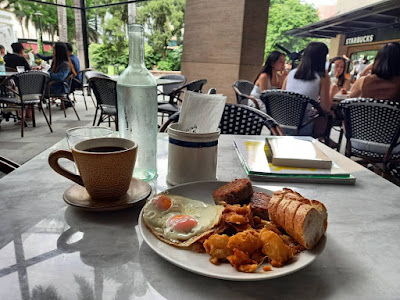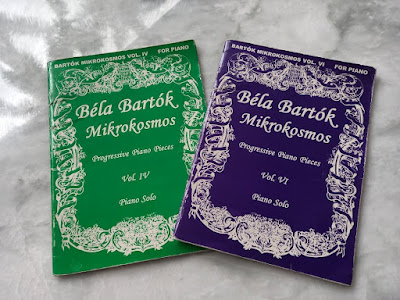This morning a trainee and I were discussing legacy. Unable to articulate his thoughts, he shared a poem, which according to him encapsulates every Japanese's life-desire, including his.
Be Not Defeated By The RainIt's so funny, when he sent me the first English translation he found, he quickly dismissed it as bad, shook his head and searched some more. I couldn't identify the translator, but instead found many other translations. Most of them were similar to each other, and my trainee eventually chose a slightly improved version of what he initially sent.
Kenji Miyazawa
(Translated by David Sulz)Be not defeated by the rain. Nor let the wind prove your better.
Succumb not to the snows of winter. Nor be bested by the heat of summer.Be strong in body. Unfettered by desire. Not enticed to anger. Cultivate a quiet joy.
Count yourself last in everything. Put others before you.
Watch well and listen closely. Hold the learned lessons dear.A thatch-roof house, in a meadow, nestled in a pine grove's shade.
A handful of rice, some miso, and a few vegetables to suffice for the day.
If, to the East, a child lies sick: Go forth and nurse him to health.
If, to the West, an old lady stands exhausted: Go forth, and relieve her of burden.
If, to the South, a man lies dying: Go forth with words of courage to dispel his fear.
If, to the North, an argument or fight ensues:
Go forth and beg them stop such a waste of effort and of spirit.In times of drought, shed tears of sympathy.
In summers cold, walk in concern and empathy.Stand aloof of the unknowing masses:
Better dismissed as useless than flattered as a "Great Man".This is my goal, the person I strive to become.
(Via Kenji-World)
A few more minutes of research led me to David Sulz's translation (quoted in full above). The longer lines, I felt, served the poem's prosaic diction well while providing a rhythmic flow. Simple, lofty.
Another writer, and another David — Novak this time, also "fiddled" (to use his word) with the Miyazawa poem. He called his work a loose paraphrase of Ameni Mo Makezu and an adaptation of Sulz's translation. His is more poetic in diction and structure, which doesn't mean that it's better. Though fun to read out loud, the tone borders on condescension.
There was a time when I wanted to learn Japanese, so I could read haikus in their orignal form, because I just knew that something great is lost in translation. Learning the language entails learning a new writing system, so I gave up.
I've been training Japanese professionals in Business English for three years now. On good days, I am convinced that I have demystified their culture. On bad days, I have demystified their beautiful cuture.
It's the last working day of 2021. Another trainee left a gem for me to keep in my mind's pocket. Not so much a discovery but a reminder. She says there is no such thing as luck. If anything, luck is a result of practice.
Keep writing, Razel, keep practising.


















